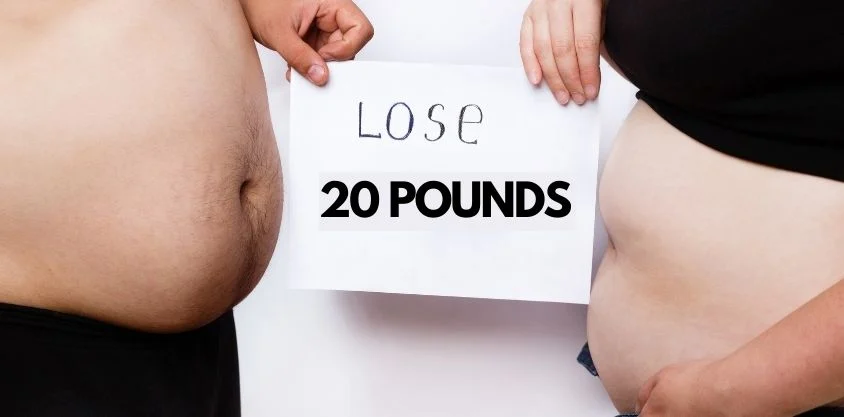Achieving weight loss typically involves adopting a healthy diet and staying active through regular exercise. While many popular diets show promise initially, their long-term sustainability can be challenging.
For the best results, it’s advisable to tailor a weight management plan to individual needs, taking into account factors like body type, lifestyle, and personal goals.
This guide explores scientifically supported strategies for losing weight safely and effectively. By incorporating these tips, you may be able to shed 20 pounds or reach your target weight.
Assessing the need for weight loss.
Before starting a weight loss journey, it’s helpful to evaluate your current weight and body composition. Measuring your waist circumference or calculating your Body Mass Index (BMI) are two common methods.
The Limitations of BMI
Despite its widespread use in estimating body fat based on height and weight, BMI exhibits notable limitations. Studies show that BMI doesn’t always provide an accurate picture of body fat percentage or distribution, both of which can significantly impact health outcomes.
Additionally, BMI fails to account for variations in body composition or fat distribution across different racial and ethnic groups, as its cutoff points are predominantly based on data from white populations.
For a more precise evaluation of body fat, consult with a healthcare professional to explore alternative assessment methods.
Setting Realistic Goals for Weight Loss
The National Heart, Lung, and Blood Institute (NHLBI) recommends that individuals who are overweight or obese aim to lose about 10% of their body weight initially, targeting a gradual reduction of 1–2 pounds per week over six months. After this initial phase, adjustments to the weight loss plan can be made based on progress.
For those with significant weight to lose, working with a healthcare provider or registered dietitian can help create a safe and effective plan. Below are evidence-based tips identified by experts as effective strategies for losing weight.
1. Reducing Caloric Intake
A calorie deficit of 500–1,000 calories per day is often recommended for weight loss. The National Institute of Diabetes, Digestive, and Kidney Diseases (NIDDK) provides a research-backed bodyweight planner tool to create customised calorie and activity plans.
ALSO READ:2025’s Most Effective Fat Burners for Men: A Complete Review
Tips for Managing Calories
- Pay attention to portion sizes.
- Practice mindful eating by savouring flavours and textures.
- Avoid eating while distracted, such as in front of the TV or while commuting.
2. Limiting Refined Carbohydrates and Added Sugars
Research links the consumption of refined carbohydrates to increased body fat, insulin resistance, and obesity. Foods like white bread, pasta, pastries, and other baked goods fall into this category.
To minimise refined carbs, opt for whole-grain alternatives and monitor portion sizes. Additionally, the Dietary Guidelines for Americans recommend limiting added sugars to less than 10% of daily caloric intake. Be cautious of processed foods, sugary beverages, and condiments that often contain hidden sugars.
3. Incorporating More Protein
High-protein diets have been shown to promote weight loss and increase feelings of fullness. A 2020 study highlights that protein-rich diets can help boost energy expenditure, preserve muscle mass, and prevent weight regain.
Protein-Rich Foods to Consider:
- Lean meats and poultry
- Fish and seafood
- Legumes, beans, and lentils
- Tofu and plant-based proteins
- Eggs and dairy products
4. Including healthy fats.
Contrary to earlier beliefs, reducing dietary fat doesn’t necessarily lead to greater weight loss. Studies indicate that higher-fat diets may even support better adherence and slightly improved weight loss results.
Healthy fats can help maintain feelings of fullness and curb cravings for sugary or refined carb-heavy foods.
Examples of Healthy Fats:
- Olive oil and olives
- Fatty fish (e.g., salmon, sardines, mackerel)
- Avocado
- Unsalted nuts like almonds, walnuts, and Brazil nuts
- Seeds such as sunflower, pumpkin, and sesame
Conclusion
Losing weight effectively and safely requires a personalised and sustainable approach. A combination of mindful eating, managing calorie intake, choosing nutrient-dense foods, and staying physically active can lead to long-term success. For tailored advice, consult a healthcare professional or registered dietitian to craft a plan that suits your unique needs and goals.
